What the organ donation system can learn from global experiences with vaccine programs.
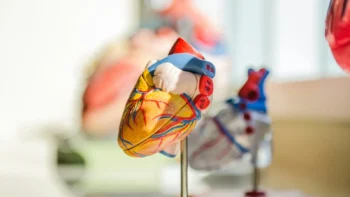

What the organ donation system can learn from global experiences with vaccine programs.

We are appalled to find that the content on the CDC webpage “Autism and Vaccines” has been changed and distorted, and is now filled with anti-vaccine rhetoric and outright lies about vaccines and autism, writes the Autism Science Foundation.
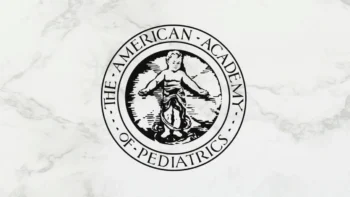
There’s no link between vaccines and autism, says The American Academy of Pediatrics. Anyone repeating this harmful myth is misinformed or intentionally trying to mislead parents. We call on the CDC to stop wasting government resources to amplify false claims that sow doubt in routine immunizations.
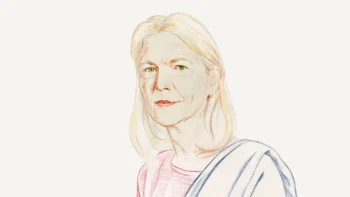
An extraordinary effort will be needed to sustain confidence in vaccines, given the unprecedented level of misinformation being propagated about them, even from official sources, writes Heidi J. Larson, Director of the Vaccine Confidence Project.
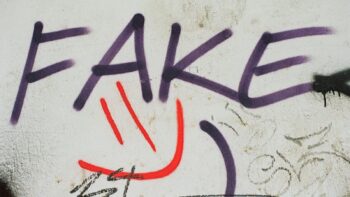
The global health community faces a deepening challenge — not only from infectious diseases but also
from a pandemic of misinformation, argues VCP founder, Heidi J. Larson.
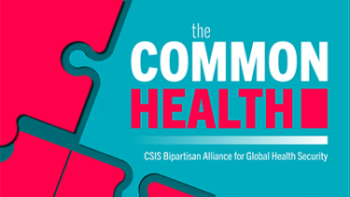
Listen to the CommonHealth Podcast by VCP partner The Centre for Strategic & International Studies to learn more about the Vaccine Integrity Project (VIP) – a new initiative spearheading responses to vaccine-related actions taken by the second Trump administration.

VCP founder Heidi J. Larson named one of the most dynamic business women shaping the future for her role in building bridges of trust in the fight against misinformation and vaccine hesitancy.
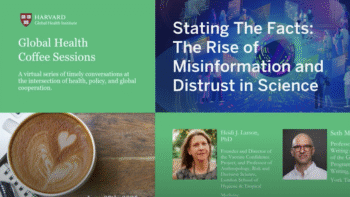
In this Global Health Coffee Session at the Harvard Global Health Institute, VCP founder Heidi J. Larson unpacks how misinformation spreads and strategies for rebuilding public trust in public health in a time of doubt.
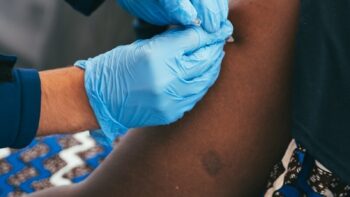
CIDRAP releases interim update on its Vaccine Integrity Project, spotlighting global threats to vaccine confidence and outlining next steps to support equitable immunization efforts worldwide.

We conducted a social listening analysis to assess attitudes towards mRNA vaccines and therapeutics on Twitter from June 2022 to May 2023. Our findings reveal widespread negative sentiment and a global lack of confidence in mRNA vaccines and therapeutics, with frequent discussions of severe vaccine side effects, rumors, and misinformation.
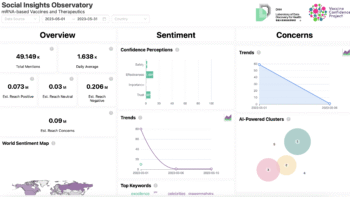
We conducted a social listening analysis to assess attitudes towards mRNA vaccines and therapeutics on Twitter from June 2022 to May 2023.
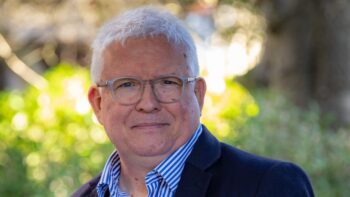
Join us for the LSHTM Vaccine Centre’s Annual Lecture with Professor Stephan Lewandowsky, exploring practical tools to address vaccine hesitancy. Discover the Empathetic Refutational Interview (ERI) — a proven, human-centred approach for building trust and countering misinformation.
19 May 2025 | 17:30 BST | John Snow Lecture Theatre A